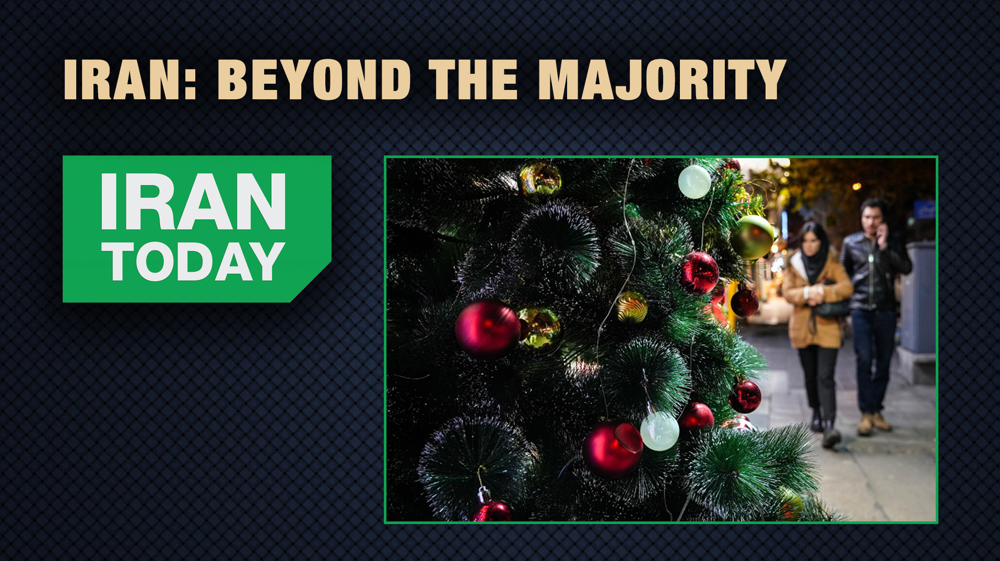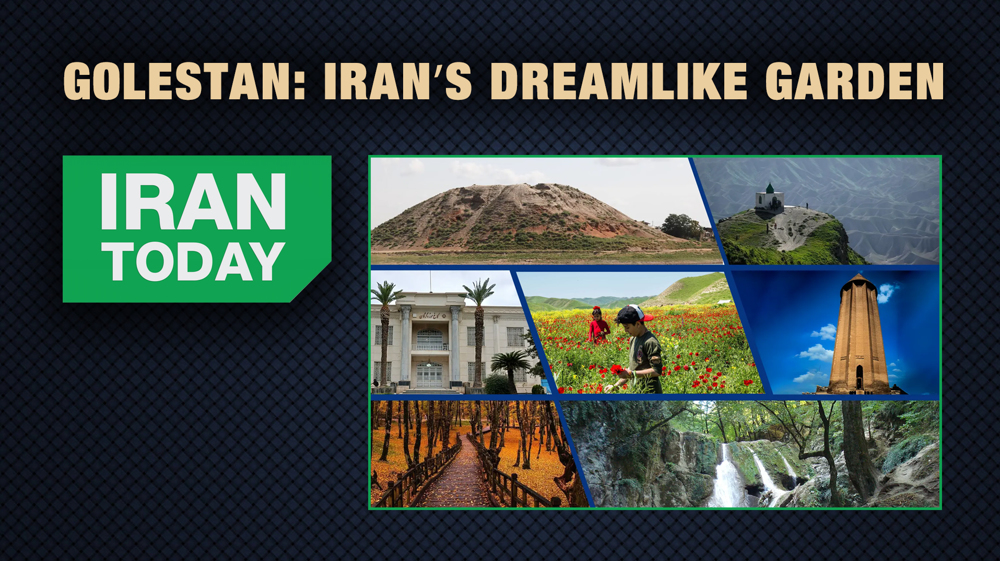The forthcoming elections in Iran
Iran has two elections ahead and is registering candidates for the Assembly of Experts and the Parliament.
The Iranian Parliament, officially known as the Islamic Consultative Assembly, is a 290-seat legislative body with 207 constituencies. Its members are elected every four years, and former and current members can be re-elected.
On the other hand, the Assembly of Experts of the Leadership is a deliberative body of 88 theologians tasked with choosing the Leader of the Islamic Republic of Iran. Members of the assembly are elected every eight years.
The registration of candidates is handled by the Interior Ministry, and those who apply are vetted by the Guardian Council. Composed of six experts in Islamic Law and six jurists, the Guardian Council investigates the candidates and is advised by different government bodies such as the Ministry of Intelligence and the Ministry of Justice.
The tenth round of the parliamentary elections will be held on February 26 this year. In a matter of a week, 12,123 individuals registered to run in the poll, a record figure in contemporary Iranian history. As a first step, the executive body carried out a preliminary screening of the applicants between December 26, 2015 and January 4, 2016.
801 individuals have registered for this year’s Assembly of Experts elections, the fifth of its kind since the 1979 Islamic Revolution. The applicants have to be Mujtahids or Islamic theologians, and experts. And they all have to take an entry test to prove their mastery over Islamic sciences.
Take a quick look at Iran’s Constitution and you’ll see that in the wake of the 1979 Islamic Revolution, Iranians have been extra-sensitive to eradicating dictatorship and preventing its resurgence. That sensitivity is evident in the significance that the Constitution attaches to the Parliament. The late founder of the Islamic Republic, Imam Khomeini, too, highlighted the salience of the Parliament in a famous statement. He said, “The parliament takes precedence over everything.”
Here are the pre-requisites that the aspiring candidates have to meet: They should believe in and have practical obligation to Islam and the holy system of the Islamic Republic of Iran, they should have the citizenship of the Islamic Republic of Iran, demonstrate loyalty to the Constitution and progressive principle of the Absolute Guardianship of the Jurisprudent, a Master’s Degree or its equivalent, they cannot have a bad reputation in their constituency, they should be physically healthy and finally they should be at least 30 and at most 75 years of age. Iran’s incumbent Parliament is majority-principalist, meaning a shift in power in favor of the reformists will be very difficult. So the reformists have their work cut out for them if they want to sway the voters.
Watch the full video of this episode below:
European leaders condemn US visa ban on officials regulating 'online censorship rules'
Iran welcomes deal between Yemen’s sides to swap nearly 3,000 prisoners
Diplomacy does not entail sending bombers, Iran’s foreign minister tells US
Israel approves 126 illegal units in West Bank settlement evacuated in 2005
VIDEO | Press TV 's news headlines
VIDEO | Iran seizes tanker carrying 4 million liters of smuggled fuel
HTS forces abduct prominent American journalist Bilal Abdul Kareem in Syria
VIDEO | Iran: Beyond the majority









 This makes it easy to access the Press TV website
This makes it easy to access the Press TV website